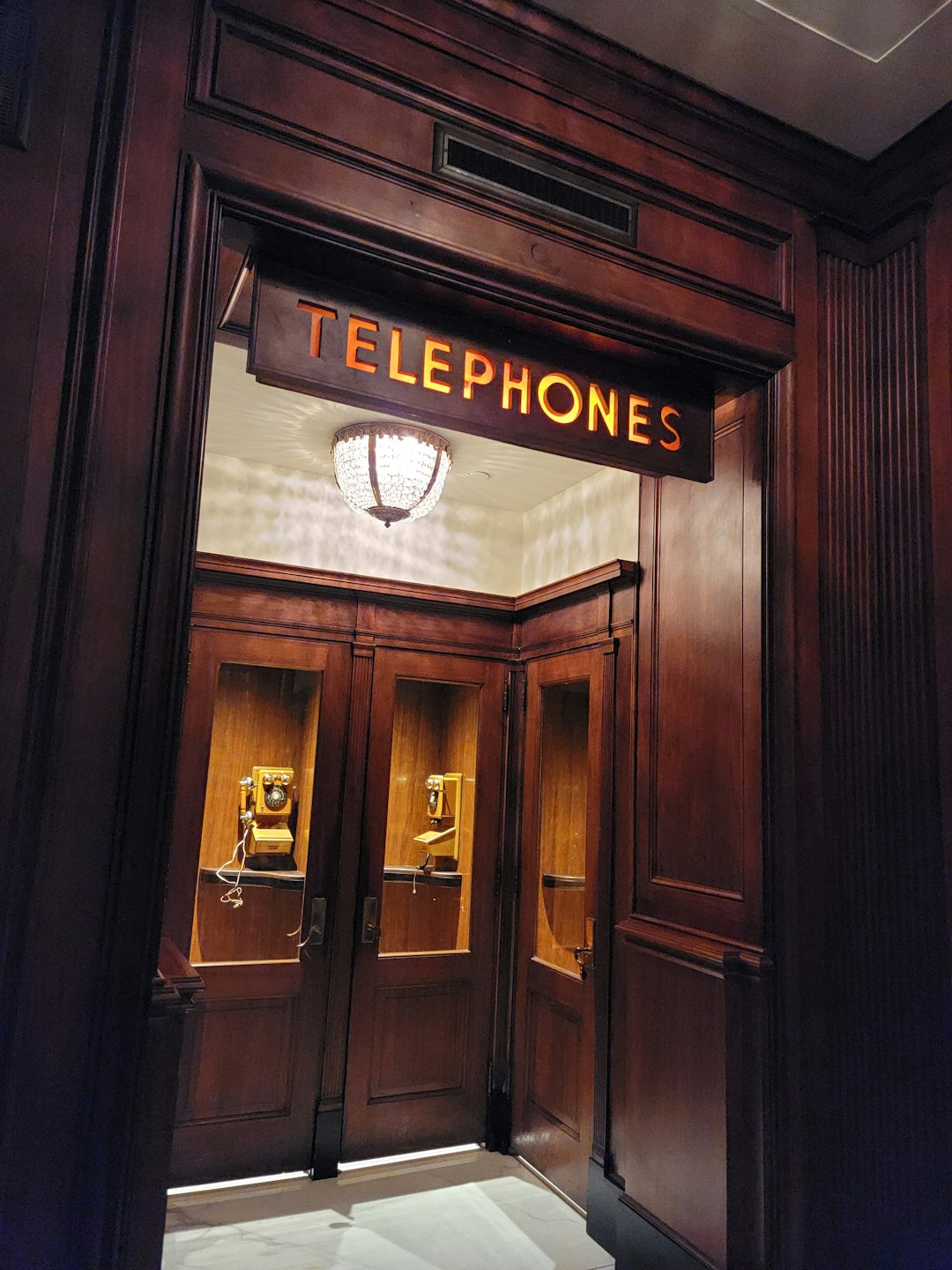Chicago's robust consumer protection laws, led by the Illinois Consumer Protection Act (ICPA), strictly regulate 'spam texts' by prohibiting mass commercial text messaging without prior consent. Consumers are empowered to report, opt-out, and seek legal redress against offending businesses, with strict penalties of up to $50,000 per day for violations. To protect themselves, residents should familiarize themselves with local laws, block senders, register their numbers, and use privacy-focused messaging apps.
“Chicago consumer laws have evolved to protect residents from unwanted spam text messaging, a pervasive issue in today’s digital landscape. This comprehensive guide explores the intricate details of these laws, including the legal definition of spam, consumer rights, and enforcements.
We’ll delve into how the Chicago Consumer Protection Act safeguards consumers’ privacy and provides remedies for violation. Learn essential steps to protect yourself from spam texts and understand the penalties faced by offenders.”
Understanding Chicago's Consumer Protection Act

Chicago, like many states, has stringent consumer protection laws in place to safeguard residents from unfair business practices, including spam text messaging. The Illinois Consumer Protection Act (ICPA) is a key piece of legislation that prohibits businesses from engaging in deceptive or unconscionable acts, and this includes unsolicited text messages deemed as spam. This act offers consumers significant protections against unwanted marketing communications.
Under the ICPA, businesses are not permitted to send mass text messages for advertising purposes without prior express consent from the recipients. This means that if you have not given explicit permission for a company to contact you via text, any such messages can be considered a violation of your rights as a consumer. Such violations can lead to legal action against the offending businesses, ensuring that Chicago residents have a powerful tool to combat annoying and intrusive spam texts.
The Legal Definition of Spam Text Messaging

In the context of consumer protection, “spam text messaging” refers to unsolicited text messages sent in bulk for commercial purposes. The Chicago Consumer Protection Law defines it as any electronic message—including texts—used to promote or advertise goods or services and sent without prior consent from the recipient. This definition aims to protect consumers from unwanted marketing attempts, ensuring their peace of mind and privacy.
The laws explicitly prohibit businesses from sending spam texts, giving rise to legal repercussions for violators. Chicago’s strict regulations empower consumers to take action against such practices. When a consumer receives unsolicited text messages, they have the right to report it, opt-out, and seek legal advice if necessary. These measures are in place to maintain a harmonious relationship between businesses and consumers, fostering trust and respect for personal communication preferences.
Rights of Consumers Under Chicago Laws

Under Chicago’s consumer protection laws, residents have strong rights when it comes to dealing with unwanted spam text messages. The city has stringent regulations in place to safeguard individuals from intrusive and harassing marketing practices, particularly through mobile communication. According to these laws, businesses are prohibited from sending unsolicited text messages for commercial purposes, often referred to as ‘spam texts’.
Consumers in Chicago have the right to expect their personal phone numbers to be respected and not bombarded with unwanted advertisements. The law provides avenues for individuals to assert their privacy rights and seek remedies if they feel their boundaries have been crossed. This includes the ability to file complaints against companies engaging in abusive spam text practices.
Enforcement and Penalties for Violators

In Chicago, the enforcement of consumer protection laws against spam text messaging is taken seriously. The Illinois Attorney General’s Office plays a pivotal role in investigating and prosecuting violators under the state’s anti-spam legislation. Consumers who receive unsolicited text messages promoting goods or services can file complaints with the Office, which reviews each case thoroughly. If found guilty, businesses or individuals responsible for sending spam texts face severe penalties, including substantial fines and potential legal action. These penalties aim to deter such practices and protect Chicago consumers from invasive and unwanted messaging.
The consequences for violating these laws are designed to be impactful. Fines can reach up to $50,000 per day for each violation, especially in cases of repeated or deliberate disregard for the rules. Additionally, violators may be required to pay damages to affected consumers, compensate for any financial loss incurred due to the spam messages, and implement strict anti-spam measures to ensure compliance moving forward. The strict enforcement of these laws underscores Chicago’s commitment to maintaining a peaceful and non-intrusive consumer environment in the digital space.
How to Protect Yourself from Unwanted Spam Texts

To protect yourself from unwanted spam texts in Chicago, it’s crucial to understand your rights under the local consumer protection laws. First, never respond or interact with spam messages; this only confirms your number as active and increases the volume of future messages. Instead, block the sender immediately using your phone settings. Many modern devices offer easy-to-use options for blocking specific numbers or even entire groups.
Additionally, consider registering your phone number with the National Do Not Call Registry. While primarily designed for telemarketers, it can also help filter out spam texts. Regularly review your message settings and permissions to ensure no new sources are accessing your number. Using privacy-focused messaging apps can also provide an extra layer of protection against unwanted communication.






